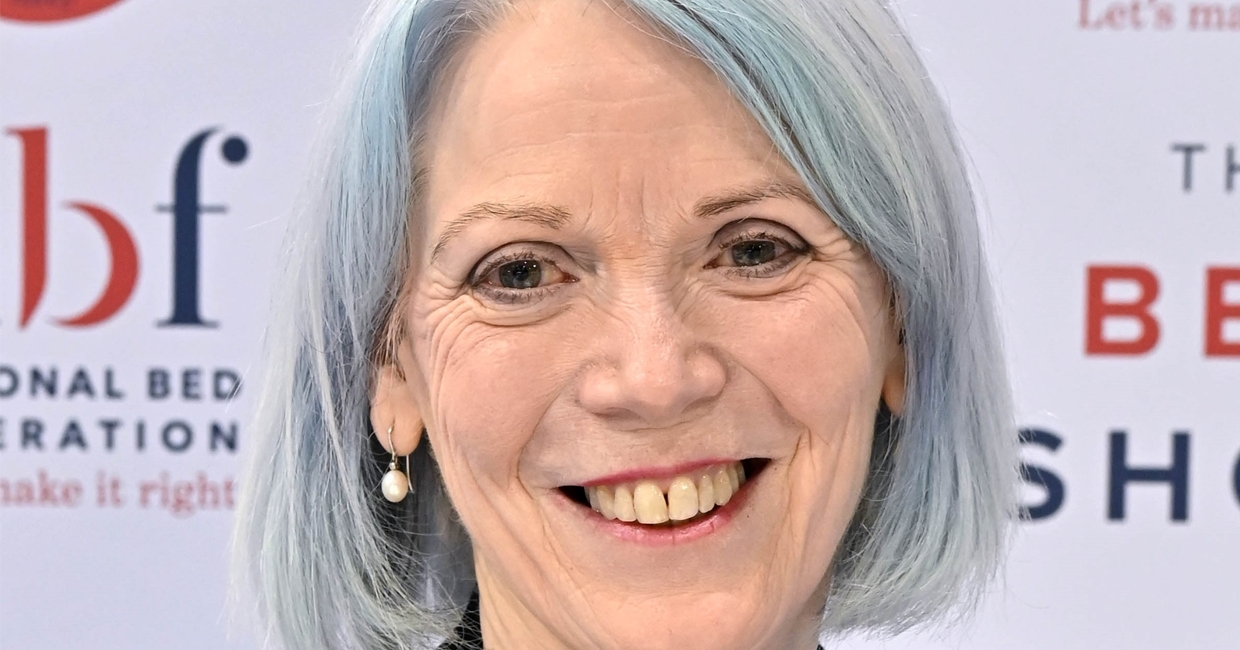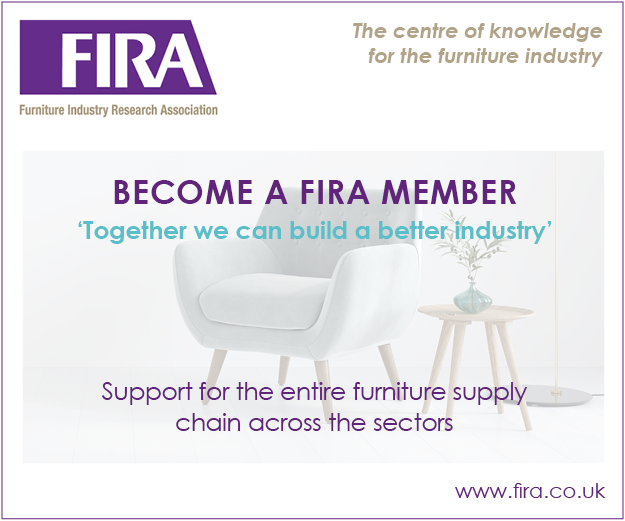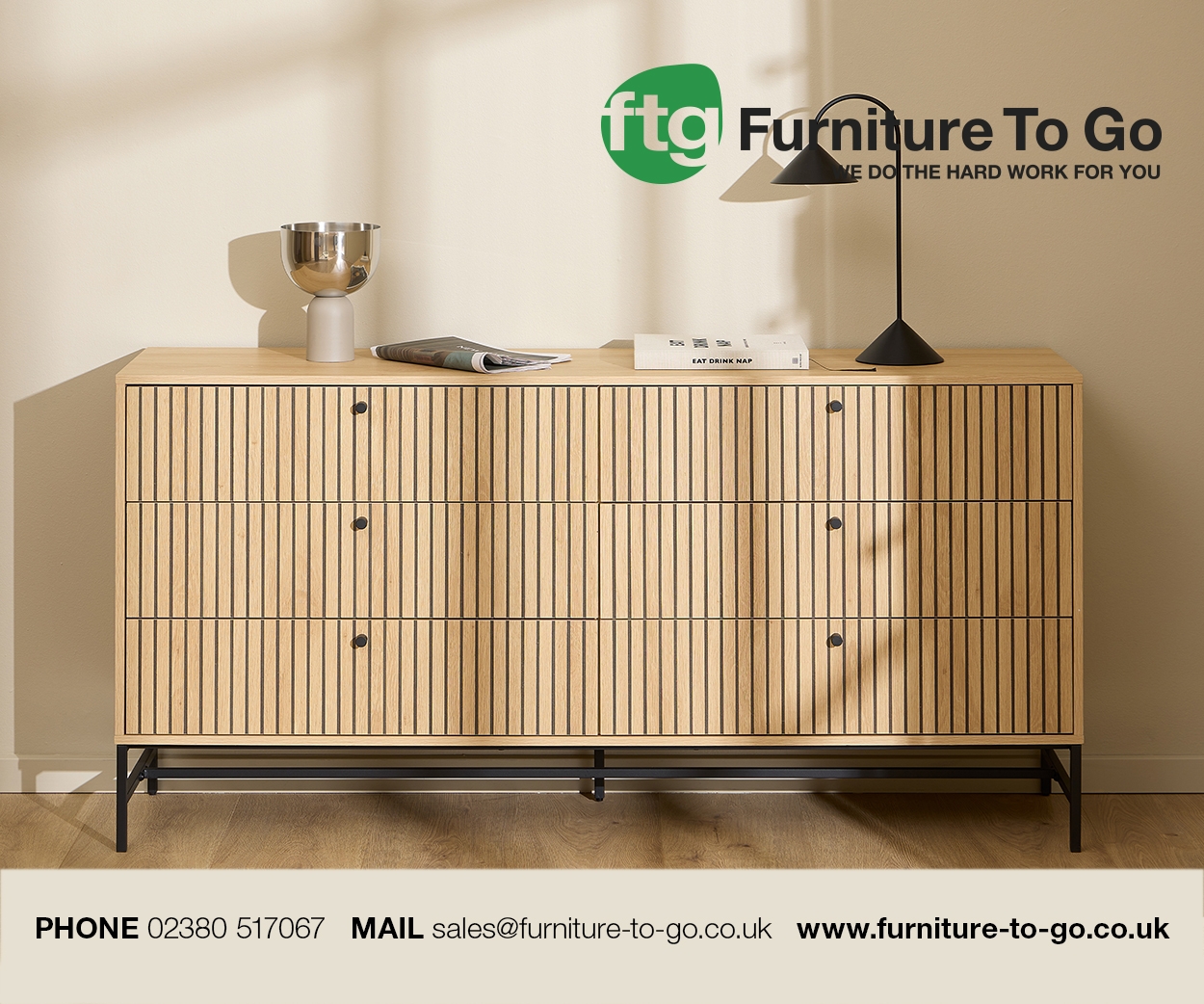Furniture News continued to explore women’s changing role in the furniture industry this March, asking leading female professionals for their views on equality and the trade’s likely directions. Here, the National Bed Federation's Jessica Alexander offers her take …
Jessica is the (outgoing) executive director of the National Bed Federation (NBF), where she has worked for over 35 years, while also managing her own business, AKA PR, for many of them. She represents the NBF on industry boards such as the BFC and FIESTA, and plays an active role in The Furniture Makers’ Company, where she is currently second assistant.
Day to day, how aware are you of the furniture industry’s gender balance? Is equality important to you?
I’ve seen quite a change in the gender balance in the furniture industry over 40 years – and so I should hope. Senior roles in retailing opened up long before you started to see the same in manufacturing – unless it was in the marketing and PR department. Perhaps that’s a good thing, as male salesmen had to be nice to their (powerful) female customers!
Today, there are increasing numbers of women on the manufacturing side and in management roles in production and operations, as well as the traditional, ‘softer’ (ie female) ones of sales, marketing, HR and admin. I’d like to think they earn their roles – whatever they are – on merit.
Having said that, the gender balance at our NBF Bed Industry Awards gala dinner, or at our annual forum, is still 75:25 male to female – although it’s an improvement on the days when the president of the NBF used to open the forum with the words, “Good morning, gentlemen and Jessica.” I chose to interpret that as a compliment!
At the start of your career, were you made to feel welcome by the trade, or did you have more obstacles to overcome than a man might?
I think I was lucky. As a journalist on the [then] industry-leading, weekly trade journal (Cabinet Maker, sadly now defunct), where I spent the first eight years of my working life, I was treated as a VIP wherever I went, and it never occurred to me to think I was being treated differently from my male colleagues – although they did report that more robust language was often used when women were not present!
My colleagues also never treated me in a way I felt was discriminatory, and I was not aware that I was disadvantaged in any way –and I think it’s stayed that way throughout my career.
The best advice I had when I started in a PR role with the NBF in 1987 was from my predecessor, who said to me: “Go freelance, not as an employee”. I know it made me feel different about myself, and I’m sure it ensured my status was always equal to everyone else there.
Can you share an anecdote/example of a time you felt held back or discriminated against due to your gender?
Back in the 80s, I once met two journalists from the States who both had job promotion offers dependent on having sex with the boss! It’s behaviour that belongs firmly in the past – so it’s shocking that the #MeToo movement suggests it is more prevalent that my experience would suggest.
There’s only been one occasion when I felt the need to take along a male colleague to a new business pitch, because my previous encounter with the potential client had been ‘inappropriate!’ I suspect getting the business would have been dependent on sleeping with him …
Conversely, can you identify any stand-out gestures of fairness/equality?
When I saw the application for the Women in Furnishing Award submitted by Jonathan Myer (Myer’s Beds) – I won Businesswoman of the Year in 2011 – and I was bowled over by the lovely things some really important people in the industry had to say about my contribution. It meant a lot that my passion and determination had not gone unnoticed.
On another occasion, when I was reporting on the media coverage of The Sleep Council one year, I received a standing ovation (even though the chairman of the marketing committee did introduce me by referring to my ever-changing hairstyles, as captured on the clips of TV coverage I showed)!
Do you feel things are generally heading in the right direction? How can other people/the industry make a difference?
Just keep putting those role models out there! Plainly, there are a lot more women in more varied senior roles than in the past, but there will always be those who encounter misogyny – I don’t know if it’s getting worse, or just that we hear more about it.
But I do think it is important to recognise that women aren’t men in dresses! We think differently, have different health and family issues, different priorities. Good businesses recognise that, and don’t just expect women to do things the way men do. What counts is surely the outcomes!
What would you tell young women who are thinking about entering the furniture industry?
Be confident in your abilities. Men are often so much better at singing their own praises than women. And yet, over the years, it’s more often the women I’ve employed who have been reliable hard grafters, while the men have promised so much more than they actually delivered (plenty of exceptions to the rule both ways, of course)!
Read more views on women's changing role in the industry in the March issue of Furniture News.











